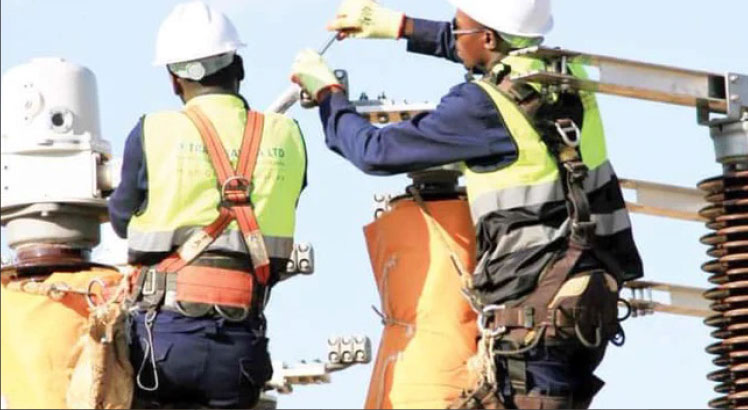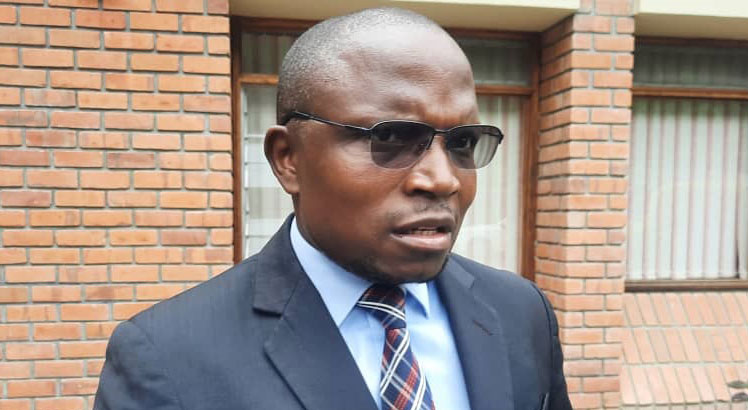Forex shortage puts K80bn Marep 9 off track
Foreign exchange shortages have put off track the K80 billion Malawi Rural Electrification Programme (Marep) Phase 9 after suppliers managed to supply just 56 percent of materials by the August 25 2023 deadline.
Ministry of Energy Principal Secretary Alfonso Chikuni said the suppliers cited forex shortage challenges as the major problem.
He said: “Most of the suppliers have cited foreign exchange scarcity as a reason for the delays to supply the material. Meanwhile, the effect on construction works is yet to be seen as we have not signed any contract yet.”
The materials category is worth K71 billion while construction is estimated to cost K9 billion.
But Chikuni said the contracts have not been cancelled despite missing the deadline.
“The contract provides that after completion date [if delay is due to supplier] the supplier will be charged liquidated damaged of 0.5 percent of contract sum per week until the amount reaches four percent.”

Meanwhile, Marep 9 has also missed its commencement date and officials are yet to set a new date.
The phase was supposed to roll out on July 31, but two months have passed.
Chikuni said the ministry is waiting for the Public Procurement and Disposal of Assets Authority (PPDA) to give a ‘no-objection’ for contracts for construction to start.
He said: “We currently do not have a fixed date, but we anticipate the works to start within 60 days. After PPDA ‘no-objection’ we are required to get contract documents approved by Government Contracting Unit, this takes a period of 21 days at most and then we float an intention to award advert which takes a period of 14 days, following which we float an award notification and it takes a five-day period.
“At the end of this process we enter into negotiation with successful bidders [five days period] leading to signing of contract and rolling out of works.”
In an interview on the developments, Natural Resources Justice Network chairperson Kossam Munthali expressed disappointment with the failure to roll out the programme.
Health Rights Education Programme executive director Maziko Matemba emphasized that electricity is paramount in promoting health services.
Currently, rural electrification stands at 4.2 percent, but government plans to increase to 30 percent by 2030 through the grid and to 100 percent universally. The universal includes grid and other alternatives such as solar.
Marep 9 is projected to connect 416 sites and power some 20 800 homes in rural areas nationwide.
The phase has been rocked with hitches as in June 2021 the Anti-Corruption Bureau stopped the Ministry of Energy from proceeding with the award of contracts for the multibillion kwacha project, but later in October ordered the ministry to restart the procurement process.
Marep started in 1980 under Electricity Supply Corporation of Malawi as the implementing agency through donor financing. In 1995, the Government of Malawi took over implementation of the programme with the Department of Energy as the implementing agency.
By the end of phase eight, Marep had connected 1 127 sites to the national electricity grid. In the past 10 years, K80 billion has been invested in Marep.
The 2008 Energy Policy anticipated an increase in electricity coverage in Malawi to 30 percent by 2020. However, statistics show that about 12 percent of the population has access to electricity.






One Comment